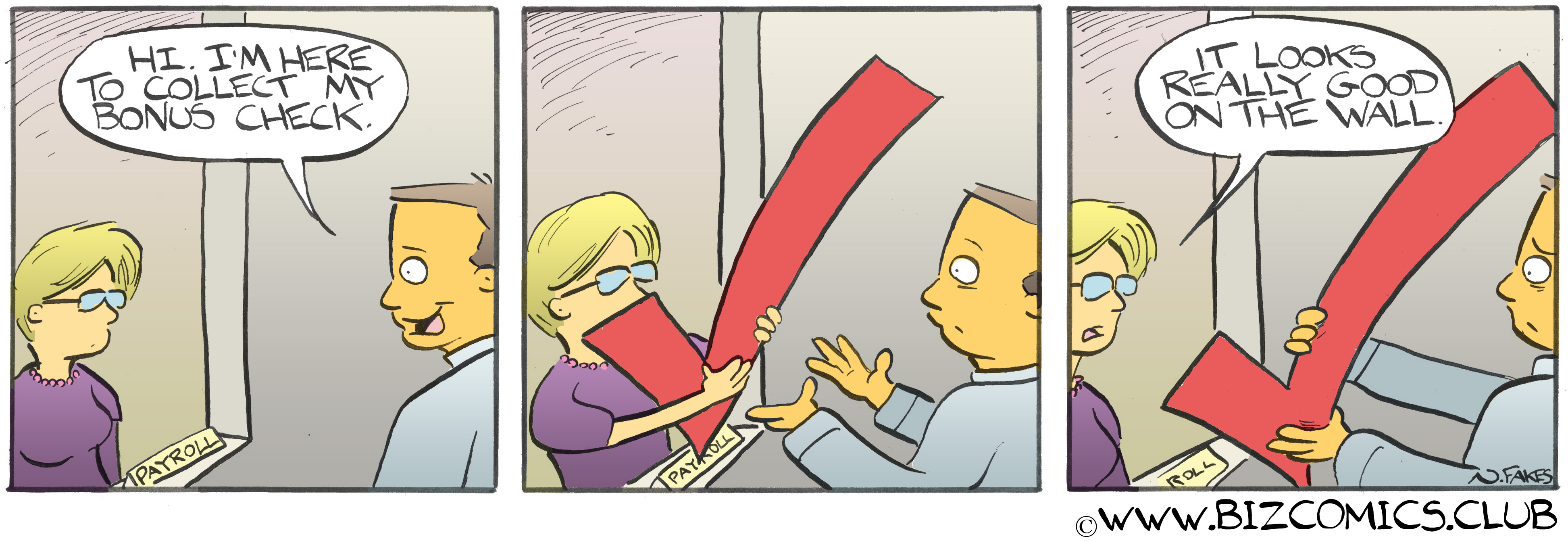We’re giving serious thought to writing a book about expectations or, more specifically, about their refutation. We’re going to call it, I Thought Bananas Were Purple.
We’re going to call it that because we’re struck by the unvarying consistency of people’s responses when their expectations aren’t met. Here’s what we mean:
Sales Guy: We’re not going to give you a trade-in allowance for your old car. In fact, we’re going to charge you fifteen-hundred bucks to take that jalopy off your hands.
Poor Schlep: Yeah, but I thought …
Stop right there.
Now that you know reality hasn’t been gracious enough to conform to your expectations — now that you know bananas are, in fact, yellow — the only thing that matters is what you’re going to do with that knowledge. You’re now that single grain of sand on an endless expanse of beach. You’re that dim, distant star in the limitless heavens. And what you thought (expected) doesn’t make the slightest bit of difference.
Being confronted with our own insignificance is quite humbling, isn’t it? There’s also something comforting, existentially reassuring, in knowing the things we perceive as problems — our self-absorbed worries and the concerns we take to be singularly our own — can’t possibly have oppressive weight or abiding worth since they’re no more than minuscule parts of an infinite whole. Our fears notwithstanding, they are just and only that: minuscule.
“It doesn’t take much to see that the problems of three little people don’t amount to a hill of beans in this crazy world.” (Humphrey Bogart)
So. About that check you were expecting. It be more productive and much less stressful to take a different tack with all of your expectations. Three simple steps might help. After you’ve determined to expect whatever it is you expect, ask yourself:
- Why do you expect it?
- Why do you want it such that you expect to get it?
- What will you do if you don’t get it?
It’s often said we’re our own worst enemies. If so, our expectations are the seeds of our discontent.

